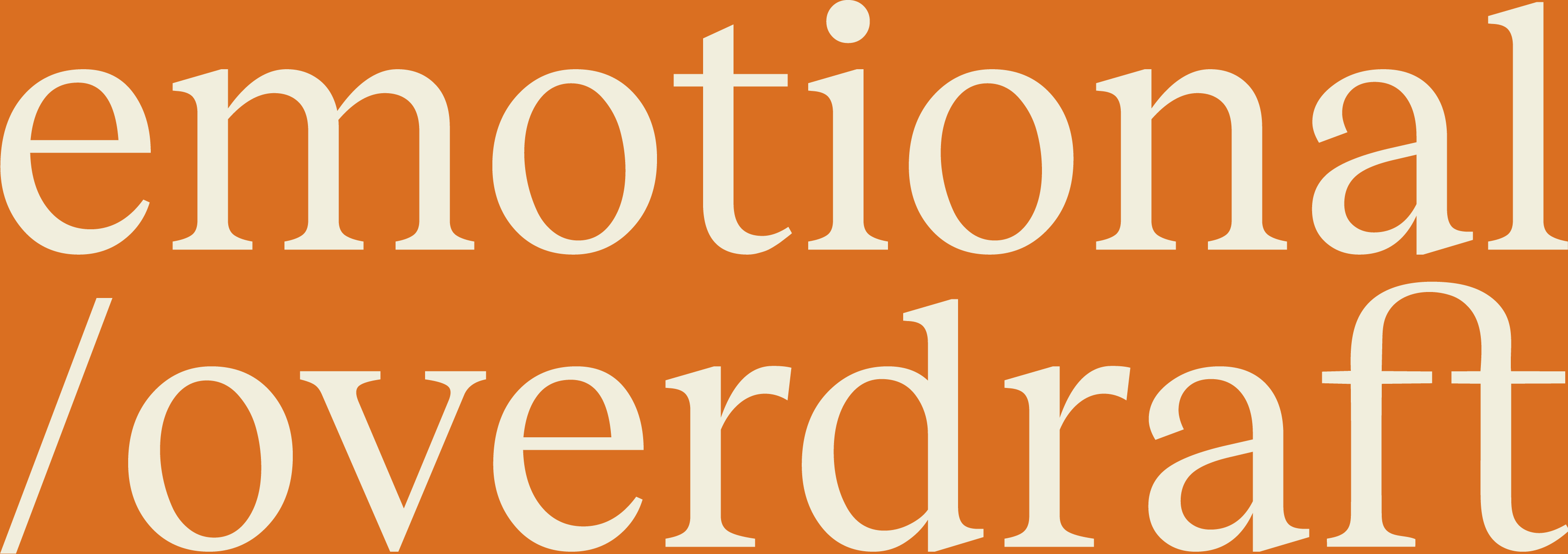Not long ago I received a somewhat frantic text from a client. ‘I really need to chat’.
I jumped on Zoom with him and his second in command, and as soon as you could say ‘audio connected’, he began to rattle off his concerns. ‘Work is slipping!’, he raged, ‘mistakes are being made!’, ‘the team just don’t seem to have the same level of care as they did before’, and finally, ‘they’re just flapping around like a plastic bag in the wind’.
He then jumped straight in with his analysis of the problems ‘I’ve been too gentle recently’, ‘It’s because I’ve moved away from the projects ‘, and a final blow… ‘I probably don’t know half of what’s going on’. Catastrophising thinking indeed. This spiral of thought was building a very believable story for my client – a story which was chucking him in the deep end when it came to building his emotional overdraft.
With a growing business and team, my client knew he would have to relinquish some control, but as I’ve realised following discussions with hundreds of business founders whilst writing The Emotional Overdraft, letting go is hard to do. As I see it, there were at least three drivers of emotional overdraft happening for my client in this moment. The first is trust. Specifically, my client not trusting other people to get on with their jobs. The effect of this driver on wellbeing is vast – constantly worrying about whether work is being done to your standards, juggling too many balls, working late every night, and doing the wrong things — tasks that are other people’s responsibility but that you can’t seem to stop yourself from taking on.
This can be exhausting, demoralising and a drain on your resilience. The second is urgency. Sensing there is a disaster approaching. An intense desire to swoop in, to fix things, to save the day because you believe no one else can. Let’s be honest, there’s a buzz to being amid this storm – as my client’s adrenaline and rush to action could attest.
The third driver is duty. The feeling that anything and everything is always – at the end of the day – going to be your responsibility. As the founder of this company, it has been your baby from the off, and feeling a weighty responsibility is understandable. Understandable, but unhelpful. This was a classic case of founder thinking and building an emotional overdraft.
I’ve got a 100 more stories like it. I too, am frequently the star in my own emotional overdraft stories. My client was unconsciously accessing the fast food of decision-making. Telling himself he needed to jump back in, start making harsher decisions, regain control of the situation.
Luckily, his second in command – who was also on the call – and I, were able to talk him off the cliff. She calmly took him through the steps she was already making to get teams and projects back on track. She explained the reason for some of the perceived shortcomings and she reiterated that many of the things he wanted to jump in and do were already happening. She gave an update on calls with clients, reassuring him that no one was about to jump ship.
I also asked my client to think about the impact his knee jerk reaction to jumping back in and grabbing the steering wheel might have on team. Trust is essential to growth, without it teams will become demotivated, they will stagnate, the emotional overdraft will grow. How would they feel if he barged in and bullishly pulled the work from under their feet?
All this said, my client had some real concerns, and so we looked to create some steps that would calm his nervous system without derailing the team. These included:
- Formal check in’s each week to keep my client abreast of projects
- An update from his second in command on team performance and concerns around specific individuals
- An agreement to look properly at resources and extra support that might be needed on specific projects
- A focus on providing training for certain members of the team
All this allowed my client to feel in control whilst remaining at a healthy distance. It helped him to – gracefully – let someone else save the day.
Andy.










